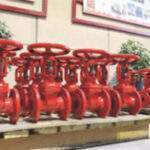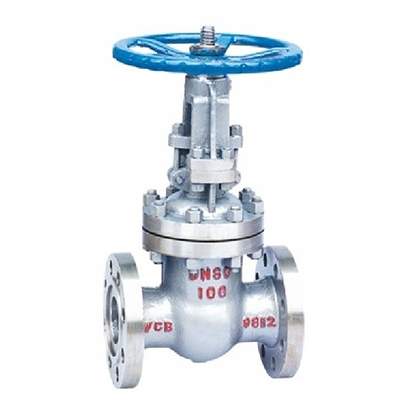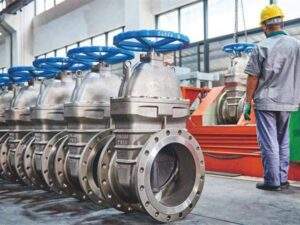Welcome to My Blog!
Before we dive into the content, if you’re interested in our products or have any questions, please feel free to visit our Contact Us page on the website. Our team is ready to assist you with inquiries, orders, or any support you may need.
Now, let’s get started on our journey together. I hope you find the content here insightful, engaging, and valuable.
What is a Copper Valve and How It Works
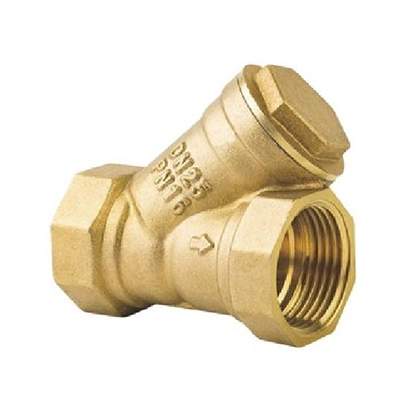
A copper valve is a vital component in plumbing systems, designed to control the flow of water or other fluids. Made from high-quality copper, these valves are known for their durability and resistance to corrosion, making them ideal for both residential and commercial applications. There are several types of copper valves available, including gate valves, ball valves, globe valves, and check valves, each serving different functions within a plumbing system. Compared to brass or plastic valves, copper valves offer superior longevity and performance, especially in high-temperature and high-pressure environments.
Advantages of Copper Valves in Residential Plumbing
Copper valves provide several key benefits for residential plumbing systems:
- Durability and Long Lifespan: Copper is a strong material that withstands wear and tear, often lasting decades without significant maintenance.
- Corrosion Resistance: Copper naturally resists rust and corrosion, ensuring clean water flow and reducing the risk of leaks.
- Compatibility with Drinking Water Systems: Copper valves are safe for potable water, preventing contamination and maintaining water quality.
- Energy Efficiency Benefits: Copper’s thermal conductivity helps maintain consistent water temperature, improving energy efficiency in heating systems.
These advantages make copper valves a reliable choice for homeowners seeking long-term plumbing solutions.
Copper Valve vs Brass Valve: Key Differences
When comparing copper valves to brass valves, several differences stand out:
- Material Composition and Strength: Copper is more resistant to corrosion and has a higher tolerance for hot water systems compared to brass.
- Performance in High-Temperature Applications: Copper valves maintain integrity under extreme temperatures, making them ideal for water heating systems.
- Cost Comparison and ROI: Although copper valves may have a higher upfront cost, their long lifespan and lower maintenance requirements often provide better return on investment over time.
Understanding these differences helps homeowners and contractors make informed decisions for their plumbing needs.
Common Issues with Copper Valves and How to Avoid Them
While copper valves are durable, they can encounter issues if not properly maintained:
- Leaks and Drips: Often caused by improper installation or worn-out seals, these can be prevented with regular inspection and proper fitting.
- Mineral Buildup: Hard water can lead to mineral deposits inside the valve. Cleaning and routine maintenance help prevent blockages.
- Signs You Need Replacement: Discoloration, persistent leaks, or reduced water flow are indicators that a copper valve may need replacement.
By proactively addressing these issues, you can extend the life of your plumbing system.
How to Install Copper Valves in Your Plumbing System
Installing a copper valve requires careful attention to detail:
- Step-by-Step Installation Guide: Start by shutting off the main water supply, then remove the old valve and clean the pipe ends. Apply flux, fit the copper valve, and solder using a torch. Allow the joint to cool and test for leaks.
- Required Tools and Safety Tips: Essential tools include a pipe cutter, torch, flux, and solder. Always wear protective gear and follow safety instructions.
- Common Installation Mistakes to Avoid: Avoid overheating the valve, ensure proper alignment, and check for leaks before finishing the installation.
Following these steps ensures a reliable and long-lasting valve installation.
Sizing and Selecting the Right Copper Valve
Choosing the correct copper valve size is crucial for optimal system performance:
- Residential vs Commercial Applications: Residential systems generally use smaller diameter valves, while commercial systems require larger valves to handle higher flow rates.
- How to Measure and Choose the Correct Size: Measure the pipe diameter and consider the flow requirements to select the appropriate valve.
- Understanding Flow Rate and Pressure Requirements: Ensuring the valve matches the system’s pressure and flow helps prevent damage and inefficiency.
Proper sizing and selection improve water flow and reduce maintenance costs.
Maintenance Tips for Copper Valves
Routine maintenance is essential to maximize the lifespan of copper valves:
- Regular Inspection Practices: Check valves for leaks, corrosion, or discoloration every six months.
- Cleaning and Lubrication Tips: Remove mineral deposits and lubricate moving parts to maintain smooth operation.
- Extending the Lifespan of Copper Valves: Avoid excessive force, maintain consistent water pressure, and replace worn-out seals promptly.
Proper maintenance reduces the risk of plumbing failures and costly repairs.
Where to Buy High-Quality Copper Valves
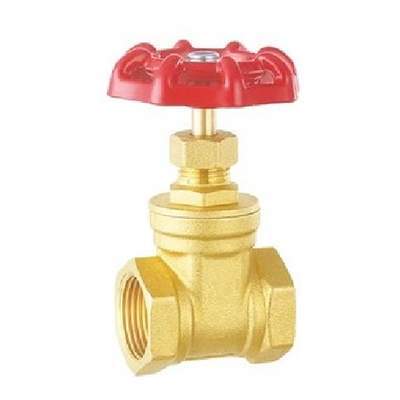
Finding reliable suppliers ensures you receive durable and certified copper valves:
- Trusted Online Suppliers: Many reputable suppliers provide detailed specifications, customer reviews, and fast shipping options.
- Local Plumbing Stores and Wholesalers: Visiting local stores allows hands-on inspection and consultation with experienced staff.
- How to Compare Prices and Brands: Look for quality certifications, warranties, and user reviews to make informed purchasing decisions.
Purchasing high-quality copper valves guarantees long-term performance and reliability.
FAQ
What is a copper valve used for?
A copper valve is used to control the flow of water or other fluids in plumbing systems. It is ideal for residential, commercial, and industrial applications due to its durability and corrosion resistance.
How long do copper valves typically last?
With proper installation and maintenance, copper valves can last 50 years or more, making them a reliable long-term choice for plumbing systems.
Can copper valves be used for hot water systems?
Yes, copper valves are highly resistant to high temperatures, making them suitable for both hot and cold water applications.
How do copper valves compare to brass or plastic valves?
Copper valves are more corrosion-resistant and durable than plastic valves and often outperform brass valves in high-temperature applications.
Where can I buy high-quality copper valves?
High-quality copper valves are available from trusted online suppliers, local plumbing stores, and wholesalers. Look for certified products and reputable brands for long-lasting performance.
Need Help Choosing the Right Copper Valve?
If you’re unsure about which copper valve is best for your plumbing system, our experts are here to help. Contact us today for a personalized consultation, and ensure your system runs efficiently and safely. Don’t wait until problems arise—get in touch now to secure reliable water flow and long-lasting performance for your property!


